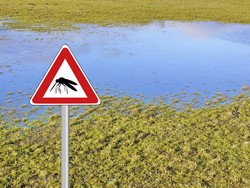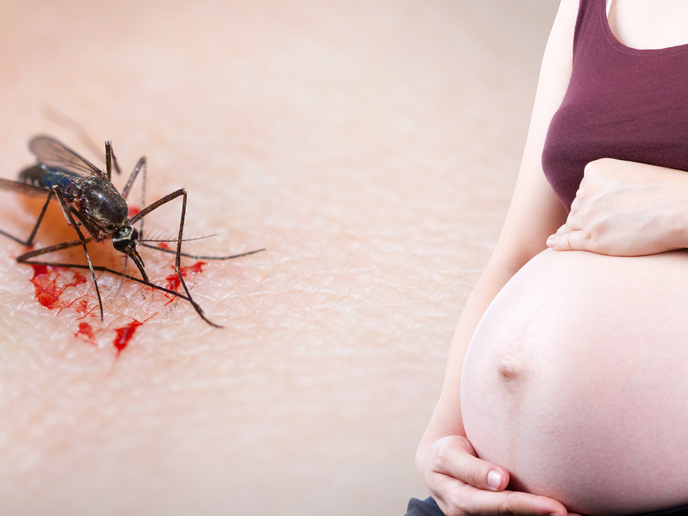Prevention of dengue epidemics
Epidemiological studies have shown that most DENV infections are asymptomatic, thus escaping existing surveillance systems. Current mosquito control strategies exhibit limited success without offering a long-term solution. Improving clinical care of hospitalised severe dengue fever cases has reduced mortality rates but this alone is insufficient to reduce DENV transmission. The EU-funded DENFREE project combined multidisciplinary expertise to study the role of asymptomatic dengue infection in DENV transmission. Results on the spatial-temporal pattern of virus propagation underscored the importance of human movement, and data from French Polynesia demonstrated that maintenance of dengue can only occur by island hopping. From a scientific perspective, the consortium studied the interaction of DENV host and vector, and unveiled that viral dissemination was similar in different geographical regions. The key element in viral transmission proved to be the mosquito population as demonstrated by experiments imposing selective pressure and enhancing transmission. With respect to genetic variability, patients with secondary infection showed greater variability in non-structural genes than patients with primary infections. Results suggested that during epidemic progression, changes in the viral population swarm took place and affected viral fitness. Interestingly, scientists identified differences in immune responses in asymptomatic individuals compared to dengue patients with activated T cells and plasmablasts, respectively. These findings supported the protective role of T cells and offered a new concept for dengue vaccine development. Genome wide analysis of dengue patients from Cuba and Thailand identified genes in lipid metabolism and xenobiotic signalling pathways involved in disease pathogenesis. Using these genetic markers, the consortium showed that European populations presented a higher risk than Southeast Asian populations for severe dengue, while they are better protected against classical dengue. Furthermore, significant effort went towards dengue diagnosis with a new point-of-care diagnostic test and a highly sensitive antibody-based detection method. The activities of the DENFREE study provided significant information on European vector competence, viral genetic markers for adaptation to European mosquitoes and population-specific genetic susceptibility to clinical and severe dengue. Coupled with novel detection methods and intervention strategies, the DENFREE project promises an improved control over dengue transmission.







